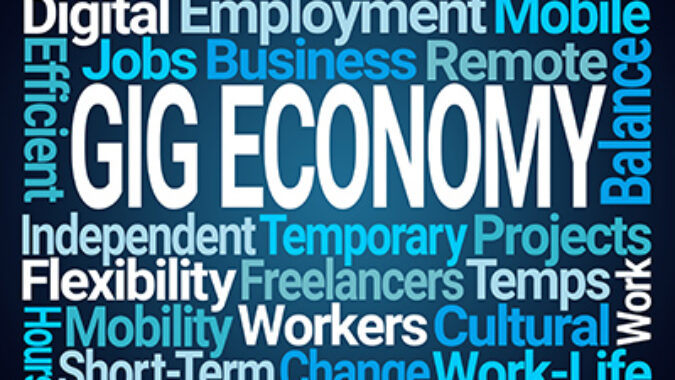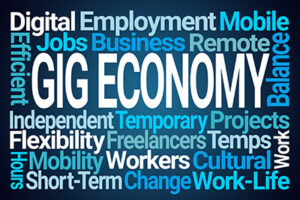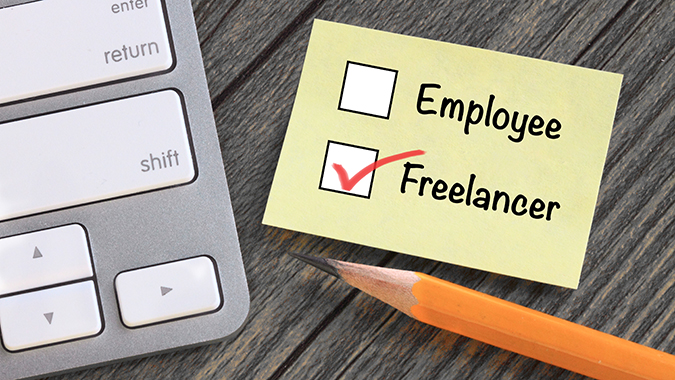The gig economy took off after the Great Recession in part because people who were laid off and unable to find work were forced to be independent workers.
The record-long economic expansion and historically low unemployment rate has absorbed many who want to be employed back into the workforce. But it has left a core of career independent consultants and freelancers who like being out on their own and have no interest in joining corporate America.
That’s one of the stories told in MBO Partners’ “State of Independence” 2019 survey. The number of independent workers is actually shrinking a little. Overall, the number of independent workers remains basically flat, 41.1 million in 2019 compared to 41.8 million last year. Most of those, however, are part-time independents, everything from ride-share drivers to full-time employees who freelance on the side.
Only 15.3 million of those workers describe themselves as full-time independents, a decrease of 3.1 percent from the year before. That’s because many full-time independents have been what the MBO study calls “reluctants” – people who were forced into independent work, usually during the Great Recession. In this job market, they are welcoming the opportunity to rejoin the business world as full-time employees. According to MBO, nearly 80% of the full-time independents who left were reluctants.
That means those who are left are largely independent because they want to be. And they feel good about it. More than half of full-time independent workers say they feel more financially secure now than they were in traditional jobs, a record high, and seven in 10 independents say they plan to continue their current path.
Financially, independents beat the median family income, MBO reports, making an average of $68,300 compared to the U.S. average of $59,039. And in addition to feeling more secure, 82% say they are happier working on their own and 69% say being independent is better for their health.
Read more...





